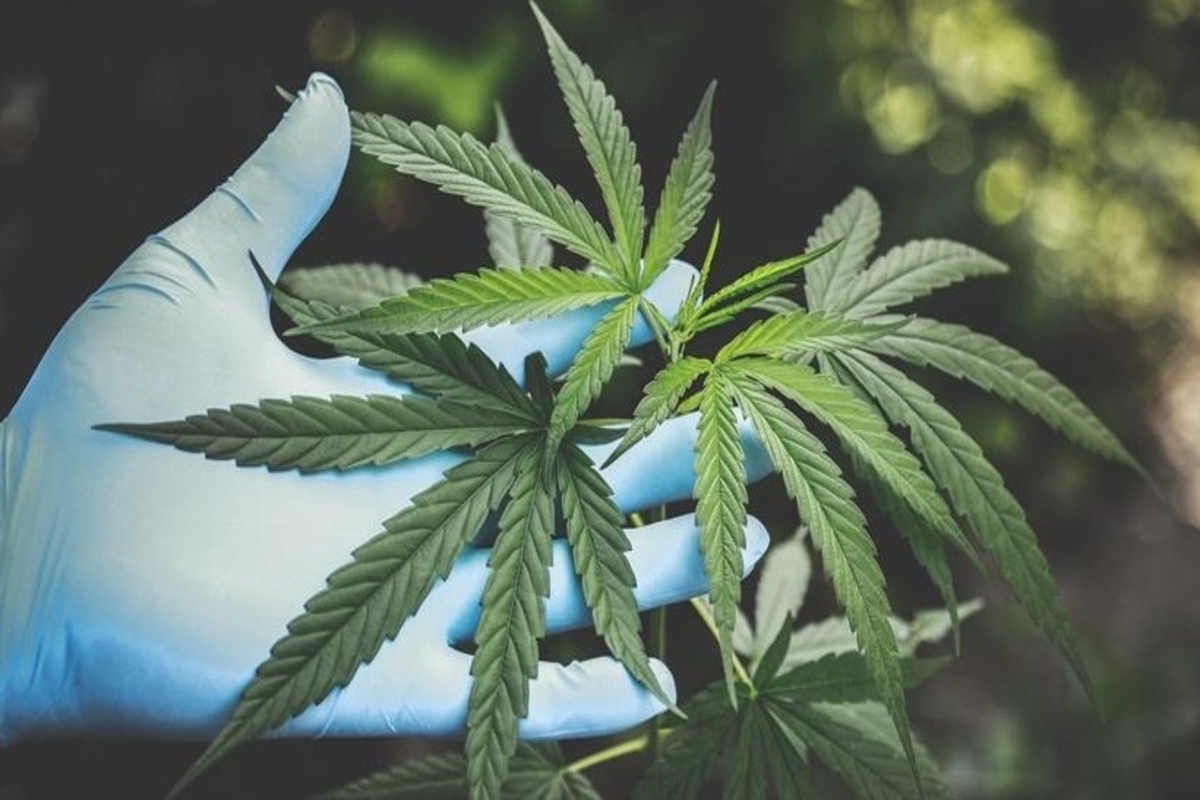ADB pledges USD 14 billion for food security in Asia and Pacific by 2025
The Asian Development Bank (ADB) has announced it plans to provide at least USD 14 billion over 2022-2025 as support to ease a "worsening food crisis" in Asia and the Pacific.
This is the biggest achievement for the entire hemp industry, as the FSSAI’s recognition of hemp as nutritional products will not only help in the introduction of new era for the product but also bring a new wave for the hemp products.

The science behind Hemp(IANSLIFE)
According to the recent amendment of the Food Safety and Standards Regulations, 2011, the Food Safety and Standards Authority of India has finally announced the recognition of Hemp Seeds and Seed Products as a Food Source.
This is the biggest achievement for the entire hemp industry, as the FSSAI’s recognition of hemp as nutritional products will not only help in the introduction of new era for the product but also bring a new wave for the hemp products.
Hemp is a member of the cannabis family. It is a cousin to ‘Cannabis sativa and Cannabis indica’. According to the Ministry of hemp , “Your lungs will fail before your brain attains any high from smoking industrial hemp”. Hemp has an incredibly low percentage of delta9-tetrahydrocannabinol (THC) (less than 0.03%) compared to psychoactive strains of cannabis (which can vary between 5% and 35%, in today’s market).
Advertisement
Hemp is genetically distinct from its cannabis cousins. While the history and politics of hemp have been well-documented.
Hemp has also been shown to have antibacterial properties. In fact, hemp fibres have been used as an antibacterial finishing agent and surgical devices. Hemp is composed of compounds with antibacterial properties such as esterified sterols, triterpenes, β-sitosterol, and β-amyrin. Additionally, hemp powder has antibacterial properties which have shown to be effective against Escherichia coli . Plant scientists believe that hemp’s antibacterial properties may be linked to lignin-related compounds such as phenolic compounds, as well as alkaloids and cannabinoids.
Also research on the biology of hemp will help us in understanding its ability to be such a versatile and effective textile crop. From studying yield traits we could improve our understanding of the plant. Studies on hemp seeds and hemp seed oil could give us insight into grain yield and composition. Finally, research into hemp fiber could provide data for plant scientists on stem development and composition, genetic regulation of fiber traits, and biofuel production.
Advertisement